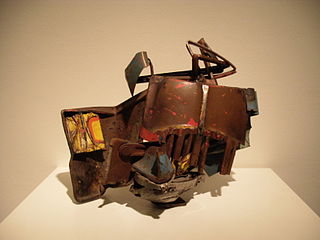A Quote by Annie Lowrey
Many economists and industry experts agree that the United States faces unfair competition and artificially low prices that have damaged the domestic steel industry. But they don't agree that a tariff is the right approach for addressing the problem.
Related Quotes
Of agitating good roads there is no end, and perhaps this is as it should be, but I think you'll agree that it is high time to agitate less and build more. [Here is] a plan whereby the automobile industry of America can build a magnificent "Appian Way" from New York to San Francisco, having it completed by May 1, 1915 and present it to the people of the United States.
How can government reduce the frequency and the severity of future catastrophes? Companies that have the potential to create significant harm must be required to pay for the costs they inflict, either before or after the fact. Economists agree on this general approach. The problem is in putting such a policy into effect.
I've said to workers that I don't care what you agree with me on politically - I hope it's as many things as possible - but one thing that you and I absolutely agree on is that your right to organize, your right to a good wage, your right to benefits, your right to participate in the value that your hard work creates.
Let's take energy, for instance. I understand that in some industries, the input cost of energy is a major factor in whether an industry is going to locate in the United States or go elsewhere. So, when, at Bain Capital, we started a new steel company called Steel Dynamics in Indiana, the cost of energy was a very important factor to the success of that enterprise.
































